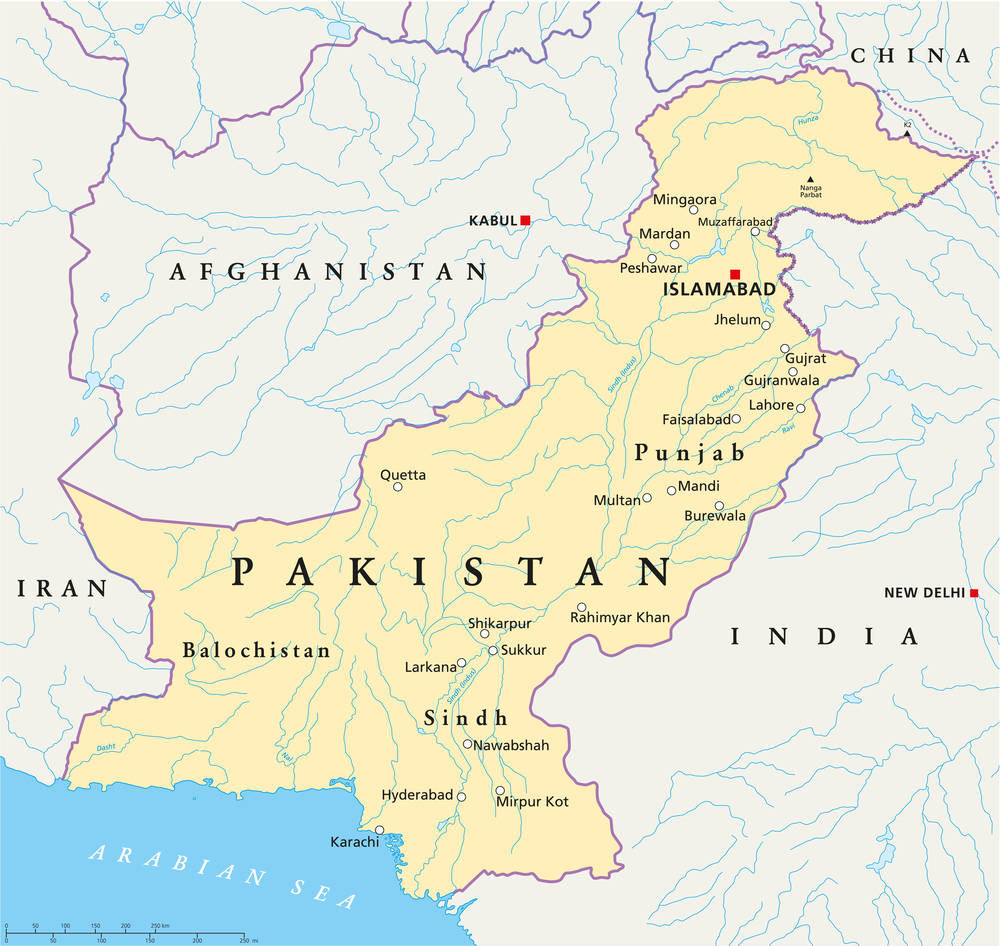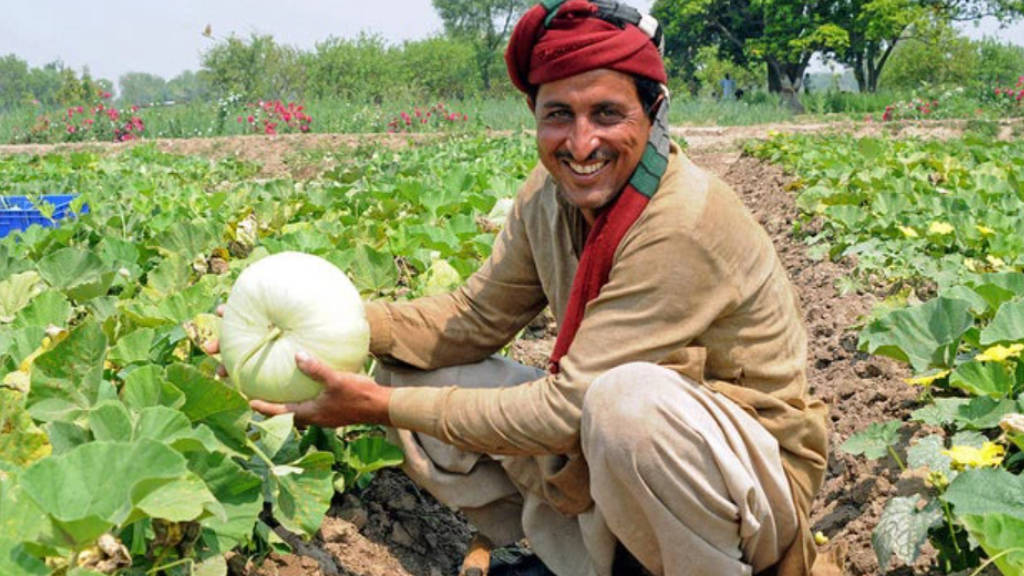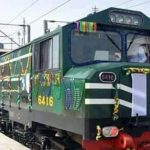Russia’s Deputy Minister of Trade and Industry, Aleksei Gruzdev, has been visiting Islamabad and holding meetings with his counterpart, Rana Tanveer Hussain, Pakistan’s Minister for Industries, Production, and National Food Security. The two officials discussed enhancing bilateral trade, with a focus on improving agricultural outputs.
As a result, Russia has agreed to supply the latest agricultural machinery to Pakistan in order to boost crop yields and improve agricultural productivity. Russia has one of the world’s largest agricultural industries, while Pakistan is still focussed on small farming techniques, with the national agricultural sector also beginning to come under pressure from climate change.
In addition to machinery, Gruzdev stated that Russia would be interested in investing in and modernising Pakistan’s fertiliser plants and providing training programs to help Pakistani farmers increase productivity. Hussain emphasised the need for updated machinery to support Pakistan’s agricultural sector, noting that the government is ready to provide all necessary facilities to Russian investors in the country.
During a separate meeting with Jam Kamal Khan, Pakistan’s Minister of Commerce, Gruzdev highlighted the potential for further trade cooperation, particularly in agricultural and railway machinery exports, as well as metal products. The two sides also discussed the upcoming 5th Joint Working Group meeting, scheduled for September 26th, where both nations will explore new avenues for economic collaboration.
The government of Pakistan is considering a proposal for establishing a new steel mill in Karachi, close to Port Qasim, which will reduce the cost of raw material transportation. Both countries have agreed to form working groups to push ahead with the project. Khan stated that the government had earmarked 700 acres of land for Pakistan Steel Mills (PSM) for setting up the facility.
He said that despite having considerable iron ore reserves, estimated at 1,887 million tonnes, Pakistan still imports US$2.7 billion worth of iron and steel each year. Hussain said that the efficiency of Pakistan’s steel industry was limited as it remained segmented, with 600 small units, and was based on old and inefficient technology.

Pakistan’s industrial and agricultural experts are also set to visit Russia, marking a significant step in strengthening bilateral ties.
Pakistan is on a programme of industrialisation, and has been a major recipient of Chinese investment under the China-Pakistan Economic Corridor (CPEC) project, which has helped build roads, railways and ports in the country. With a population of 235 million, the country has the potential to become an economic powerhouse – but needs significant upgrades in many of its industrial processes. Pakistan, like Russia, is a full member of the Shanghai Cooperation Organisation and has also expressed interest in joining the BRICS group.
Further Reading

 Русский
Русский














